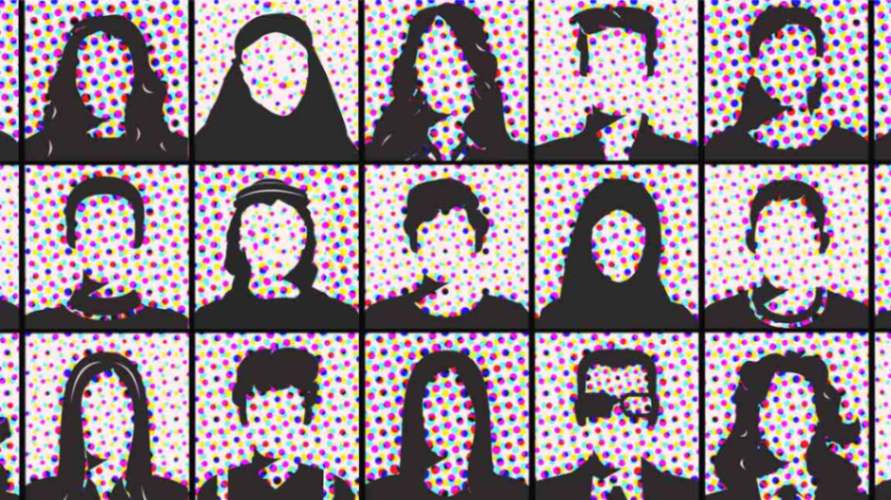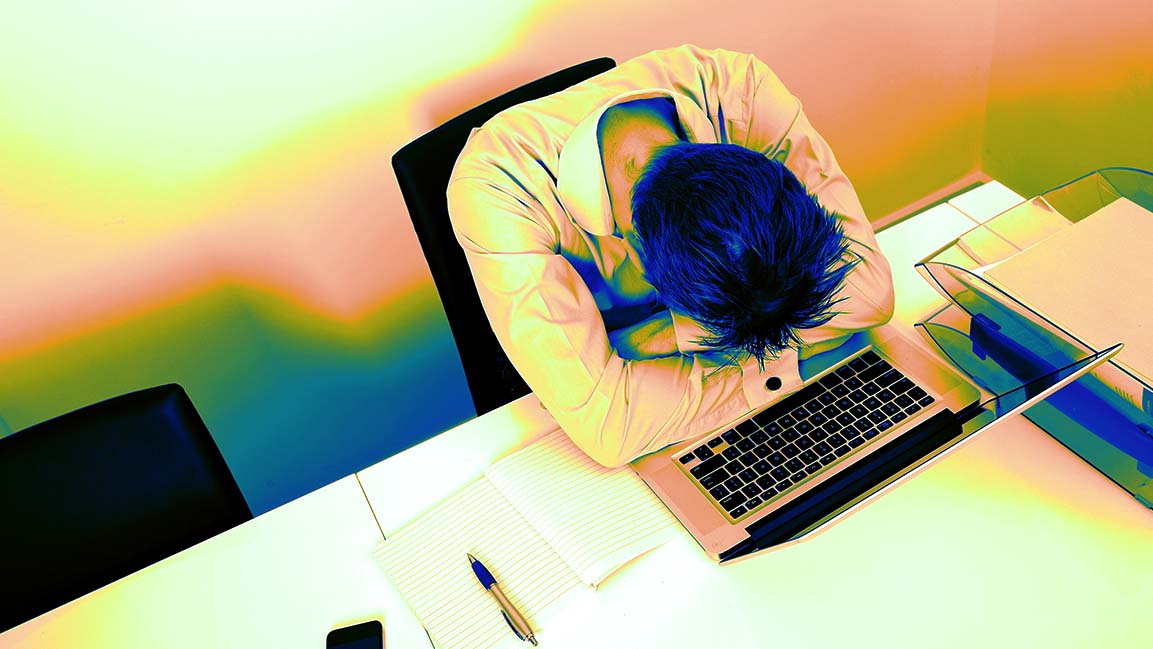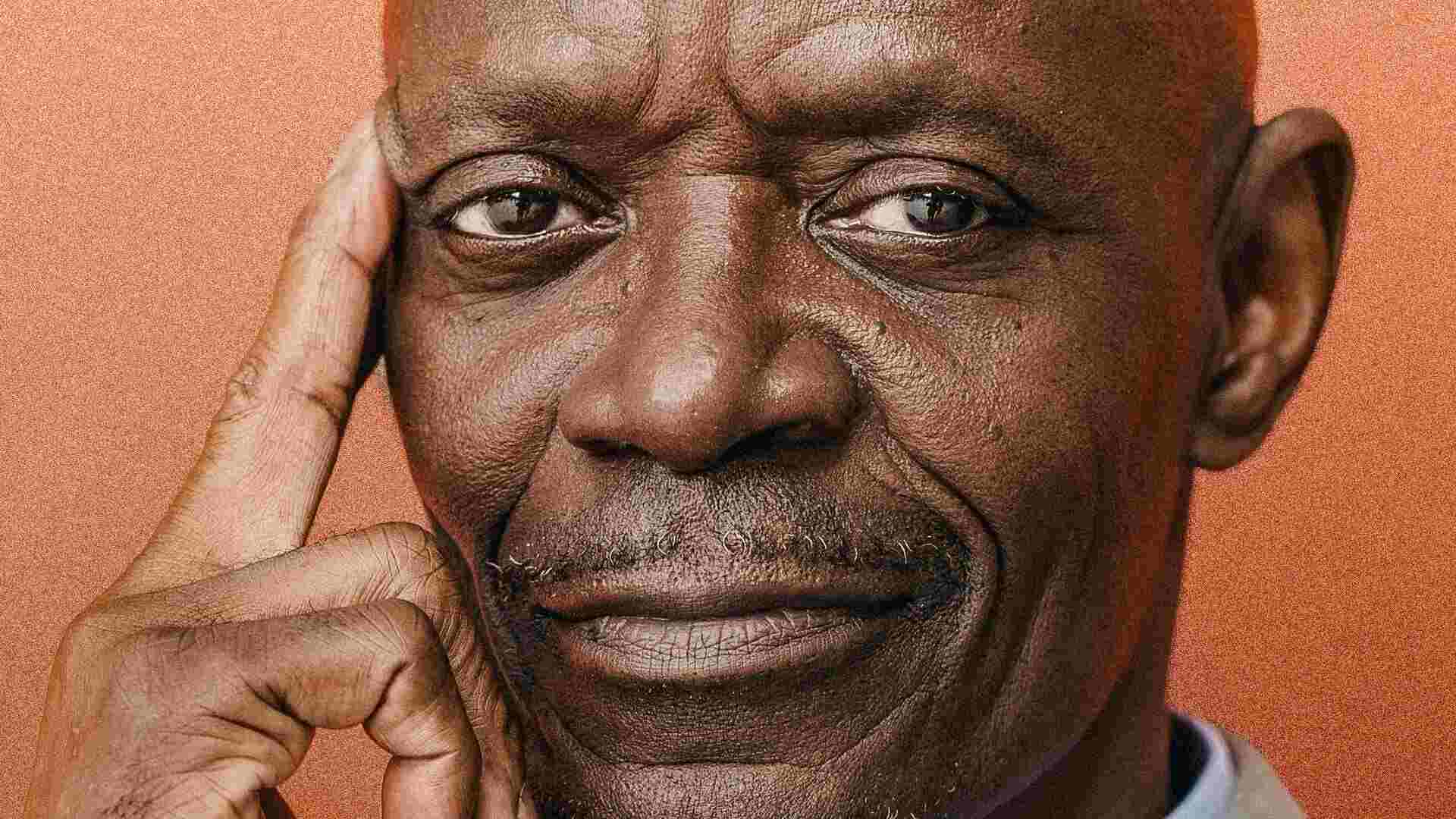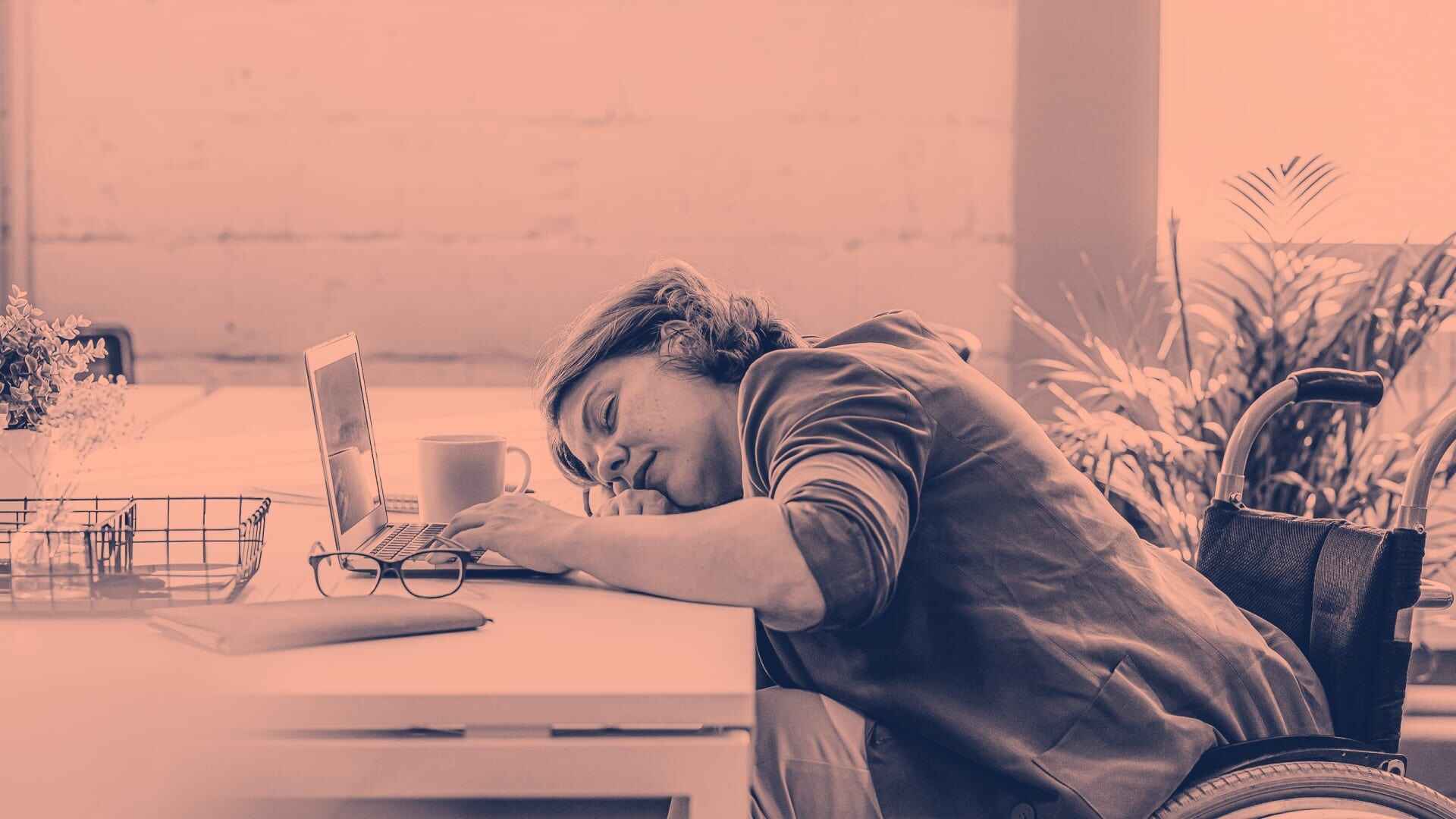- | 9:00 am
Why your company needs a sleep strategy
A CEO and a Stanford medical school professor explain why sleep is so vital to productive teams.

“Sleep when you’re dead. Or maybe when you IPO.”
For years, this has been the unofficial motto of Silicon Valley, led by founders who fetishized low-sleep lifestyles and conflated long hours with drive and mental toughness. This sleep-is-for-the-weak mentality was often grudgingly adopted by employees who felt they needed to emulate the boss’s drive in order to get ahead.
While this ethos hasn’t died, it is fortunately beginning to fade with a boost from technology. All of a sudden, sleep trackers like Whoop, Fitbit, and Oura Ring are must-have boardroom accessories. Advances in wearables have gamified sleep, giving data-obsessed CEOs a new way to compare and compete.
Conversations about mental health are also making a difference. Nine in 10 Americans believe the country is experiencing a mental health crisis, and sleep is one of the most underrated aspects of health, performance, and well-being.
Poor sleep reduces attention span, reaction time, and the ability to process new information. Most people understand the risk they are taking by pulling an all-nighter, but many underestimate the cost of sacrificing even a little sleep. Research shows that getting six hours or less sleep for two weeks straight leads to the same mental performance deficits as back-to-back all-nighters. Even moderate levels of fatigue cause a higher level of impairment than alcohol intoxication.
You may not even recognize your performance is suffering. Patients often habituate the effects of mild to moderate partial-sleep deprivation. Among professional athletes, dips in cognitive and physical performance can be subtle but cumulative, and they can mean the difference between a gold and silver medal, a home run and a fly out. Consider a recent Vanderbilt study that found baseball players’ strike-zone judgment significantly worsens as the season progresses because athletes grow increasingly fatigued.
This is why teams and individual athletes are enlisting sleep specialists to join their bench of nutritionists, massage therapists, and trainers. In this role, a sleep doctor’s job is to help athletes realize how much sleep they require because everyone’s needs are different. Needing nine hours for optimal performance is not a weakness; and no, you can’t train your body to need less.
Teams love working with sleep doctors because sleep is a highly controllable factor. By creating regimented sleep plans—going to bed at the same time every night, establishing your own version of a sleep routine, exercising and getting sunlight during the day, and limiting caffeine—you can have a dramatic and measurable impact on performance.
CEOs are beginning to emulate the approach to sleep that professional athletes are taking. While we haven’t heard of too many CEOs hiring sleep specialists yet, that trend is most likely coming. But executives who are embracing the link between their own sleep habits and performance should start applying this dynamic to the performance of their entire company.
That is why we strongly believe that companies need a sleep strategy in order to succeed in the future of work.
This begins by changing the way we talk about sleep at work. CEOs need to lead by example by telling fewer stories about pulling all-nighters and more stories about calling it an early night in order to tackle a project with fresh eyes in the morning. Companies can make sleep culture fun by purchasing or subsidizing sleep trackers and creating “sleep clubs” to gamify team-sleep challenges.
We’re also going to see more companies include sleep benefits as part of their wellness packages. This can include access to sleep specialists, especially for those who suffer from any of the more than 80 named sleep disorders. Because sleep impacts the immune system and mental health, investing in your team’s sleep is a preventative health measure—and unlike many other categories of healthcare, better sleep is essentially free.
We’re likely to see a new wave of studies investigating the ROI of sleep benefits in the coming years, but we do know that the cost of sleeplessness is real: One study estimates that U.S. companies lose $150 billion in productivity due to sleep apnea alone.
We’re still in the early days of sleep science, but technology should allow us to make major research advances in the years ahead. What’s clear is that well-rested employees are more engaged, focused, and productive and less likely to get sick or burn out than a sea of tired workers who were trained to burn the candle at both ends.
Crafting a sleep strategy may sound like the antithesis of Silicon Valley’s “no sleep till we IPO” mentality. But really, better sleep is the ultimate productivity hack.







































